nlopchantamang.com
Flares: The Transparency Economy, Sea Shanties, and Honey Waffles
Aja Frost @ajavuu
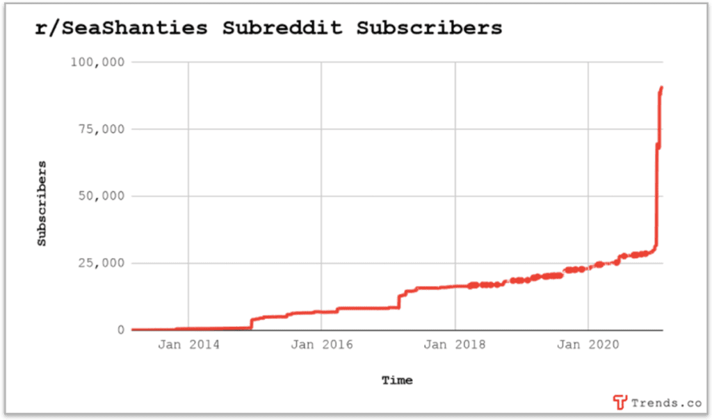
The Transparency Economy and ‘Yelp for X’
A quick search of Kernal’s database of startup ideas (use this invite code for early access) yields a number of ideas related to niche industries that could use the Yelp treatment.
Popular ideas include Yelp/Glassdoor for apartment buildings and retirement villages, food delivery (with reviews for specific dishes), individual service providers (e.g., lawyers and programmers), and college athletic programs.
Over and above traditional review sites (which we covered extensively in this report), there is an opportunity to bring more transparency to industries and processes that need it most. Companies like VC Guide, Landscape, and Betterfront, for example, all aim to bring more transparency to the VC funding ecosystem.
You might be surprised to learn that only 18% of reviews on Yelp are for restaurants. There is clearly an opportunity to unbundle Yelp into very specific categories.
Sites like RateMDs (1.8m visits/month), CareDash (1.6m), and WhatClinic (541k) demonstrate demand for reviews of medical professionals. You could niche down even further by providing the same for dentists, physical therapists, or plastic surgeons:
- “Best dentist near me”: 49.5k searches/month, according to Keywords Everywhere
- “Best physical therapy near me”: 5.4k
- “Plastic surgeon reviews”: 2.1k
What Will We Do With a Drunken Sailor Sea Shanty?
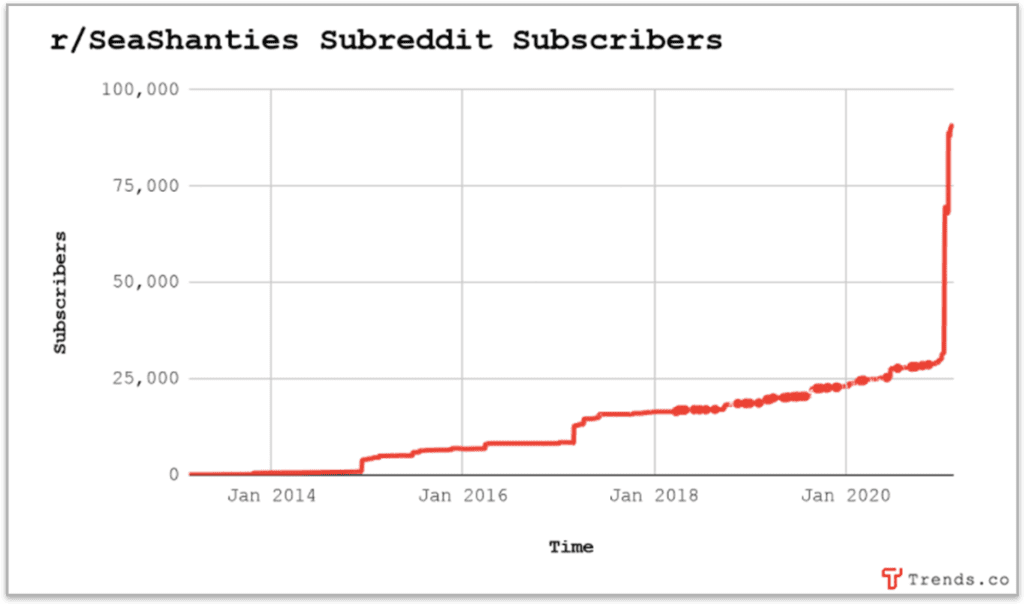
Sea shanties, or chanties, are making big waves.
TikTok’s #Seashanty has 5B+ views. R/SeaShanties subreddit subscribers tripled in January. Scottish (ex) postman Nathan Evans landed a record deal early this year after his renditions of old shanties went viral.
Keywords Everywhere shows Google searches for “sea shanty” exploded from ~1k/week to ~40k/week this January. Damn, sailor.
Sea shanties are traditional folk songs, once used as work songs to boost labor efficiency aboard merchant sailing vessels. (Our senior analyst Ethan was a sea shanty nerd fan before it was cool -- and put together this tweet thread outlining their history.)
Back in May we wrote about a Trendster who combined comedians and D2C product reviews to produce hilarious video ads (at affordable rates).
A similar approach could be used to leverage the sea shanty trend: create personalized shanty parodies for products, brands -- and even as gifts.
A steampunk band recently made one for Bernie Sanders (and those mittens). It’s already attracted 340k+ views on YouTube.
Entrepreneurs could also take advantage of the trend by dipping into the sea of all things nautical: fashion, decor, and toys.
Amazon searches for “nautical decor” have risen to ~20k/month -- up 43% over the last 90 days, according to Jungle Scout. A single wooden ship wheel SKU brings in $170k+/month.
Sports Nutrition Is Buzzing Around Honey
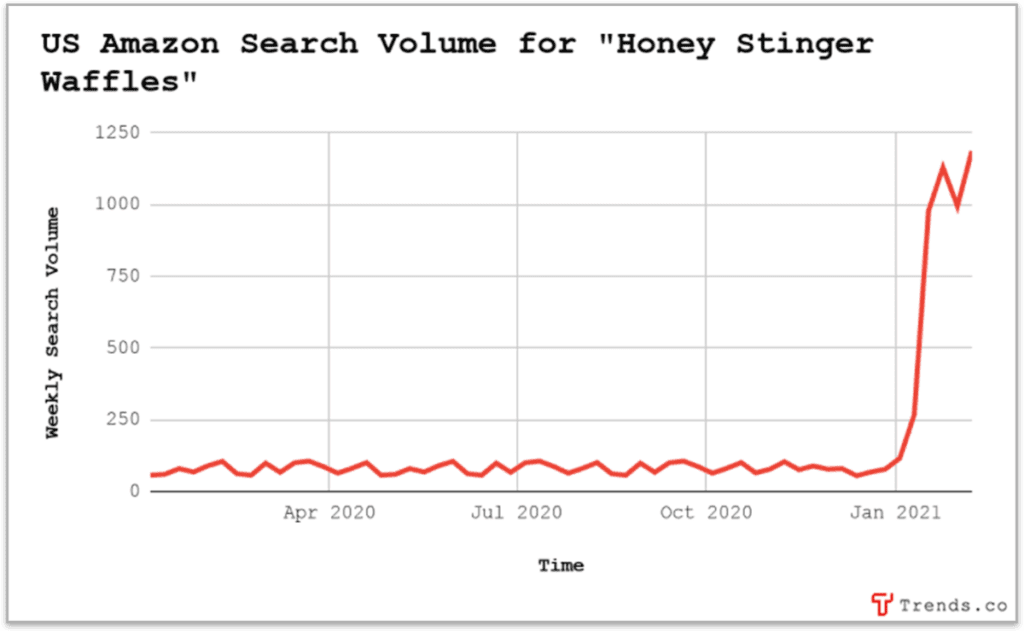
Honey waffles may not be the first thing that comes to mind for sports nutrition. But Amazon is abuzz with interest in a new brand focusing on honey-powered products. Jungle Scout shows searches for “Honey Stinger” have surged 10-fold over the last 2 months.
Honey Stinger’s top sellers are these waffles. Their other (organic and gluten-free) sports nutrition products include honey energy chews, bars, and gels.
The firm landed a $2m VC round in October, and Jungle Scout shows they are bringing in $595k+/month on Amazon alone.
Entrepreneurs could compete in the sports nutrition space, and branch out into a wider product range -- honey smoothies, protein powders, collagen products, etc.
Healthy sports energy drinks are also soaring. Amazon searches for “Reign energy drink” have blown up by 47k+% (!) since December.
Brands could leverage both trends and offer organic, honey-sweetened energy drink options.

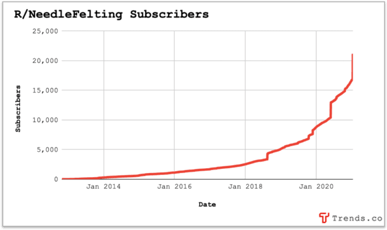
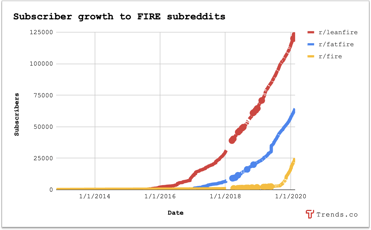
Leave a Comment